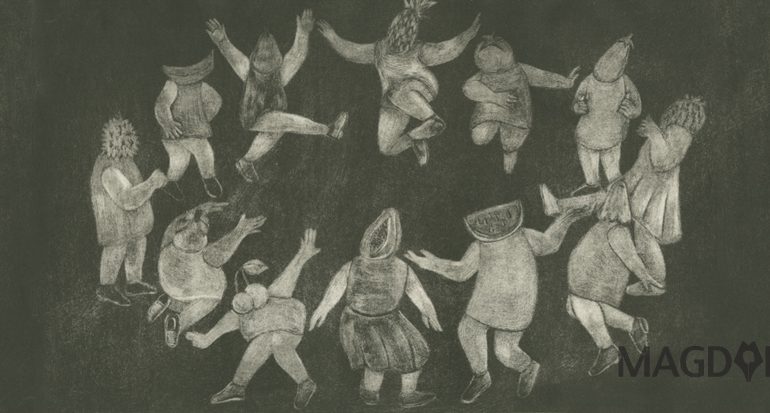“Such a Fun Age” Pokes Fun at White Wokeness

Such a Fun Age is Kiley Reid’s debut novel that was published in 2019. The story is told through the alternative close third-person point of views of its two women characters, Emira Tucker and Alix Chamberlain, who couldn’t be any more different in terms of social class and race.
Emira is a 25-year-old African American from a working-class family. She is a college graduate majoring in English who works two part-time jobs as a typist and a babysitter to Alix’s three-year-old daughter Briar. Already living with constant panic about her finances and future career, Amira is also anxious about the fact that her peers have gotten full-time high-salary jobs.
Alix Chamberlain, 33, is a married white woman with an upper-middle-class upbringing. She is a caricature of an “influencer” mom. In college she used to blog about luxury products sent to her after writing companies gushing letters on fancy stationery. Now in her late 20s, she has founded an Instagram-based campaign focusing on female-empowerment called “Let Her Speak.”
Emira’s anxiety over her finances and future is very relatable for millennials like me, but what the novel does best is reflecting the ridiculous and even toxic ways white people’s pursuit of wokeness can be.
The novel begins with Emira in an upscale grocery store in Philadelphia being accused of kidnapping the white toddler she is babysitting. There is a heated exchange between Emira and the market’s security guard and she is allowed to leave only after the child’s father arrives to explain the situation. After that night, Alix vows to “wake the fuck up” and “get to know Emira Tucker.”
Also read: Innosanto Nagara Introduces Activism Through Children Books
However, Alix’s pursuit of wokeness veers towards the ridiculous. She becomes obsessed with trying to impress and getting to know Emira (‘Emira, remind me what you majored in?’ and ‘Did you say that you had any allergies?’). She steals glances at notifications on Emira’s phone screen to learn more about her social life and musical tastes. She also googles Emira’s name and ridiculous things related to her personal life (“Is Childish Gambino a person or a band?”). Her fascination with Emira turns into a narcissistic project. She fantasizes about Emira discovering her personal details that she believes to be the truest version of herself.
Around the same time, Emira grows close to Kelley Copeland, a white guy who happens to videotape the grocery incident, and they soon start dating. Kelley presents himself as a non-racist guy, though this, too, is questionable. He once arrives at a club with four black friends in tow looking “like he was being filmed for the intro of an extremely problematic music video,” Emira observes. The plot thickens as it is revealed that Kelley and Alix have a history and now cannot stand each other. They both attempt to influence Emira to ditch the other, often to comic effect.
The novel cleverly satirizes white wokeness by showing how Kelley and Alix’s attempts to understand, help and impress Emira can, in fact, have the opposite effect of the intended. Reid’s experience as a nanny for six years helps make the novel more relatable, while being funny and moving at the same time.






















